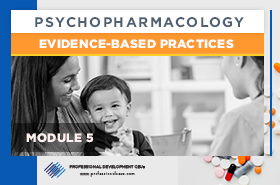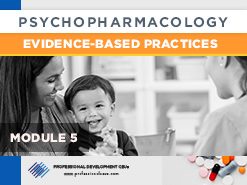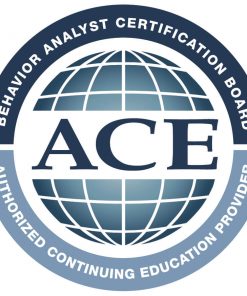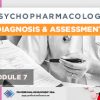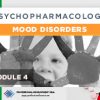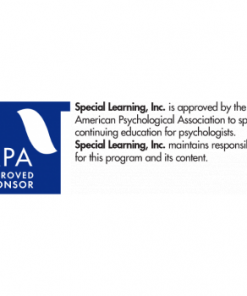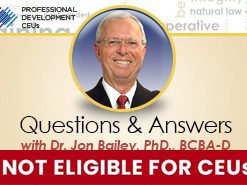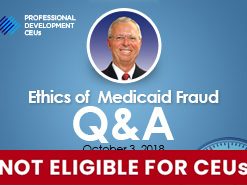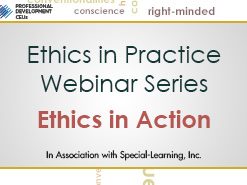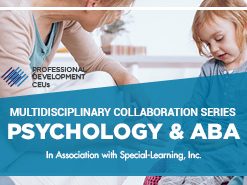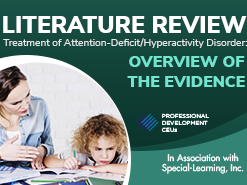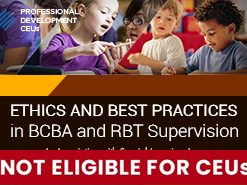Psychopharmacology Webinar Series Module 5: Psychopharmacology and Evidence-Based Practices (Recorded)
$79.00
In our webinar on Psychopharmacology and Evidence-Based Practices, we focused on evidence-based assessment, diagnosis, and treatment of several diagnoses that impact children, emphasizing behavioral, environmental, educational, parental, and psychopharmacological strategies used together. We discussed the importance of careful assessments, diagnoses, choosing the correct medication for the patient, and careful monitoring for effects and side effects across time. We also discussed the importance of evaluating medication interactions, and the process of weaning medications when appropriate. Finally, we discussed the ethical issues arising when prescribing psychotropic medications, including health disparities.
Presenter: Ronald T. Brown, Ph.D., ABPP and Deborah P. Coehlo, Ph.D., C-PNP, PMHS, CFLE
Panelist: Manya Ralkowski, EdS, BCBA, LBA, IBA

